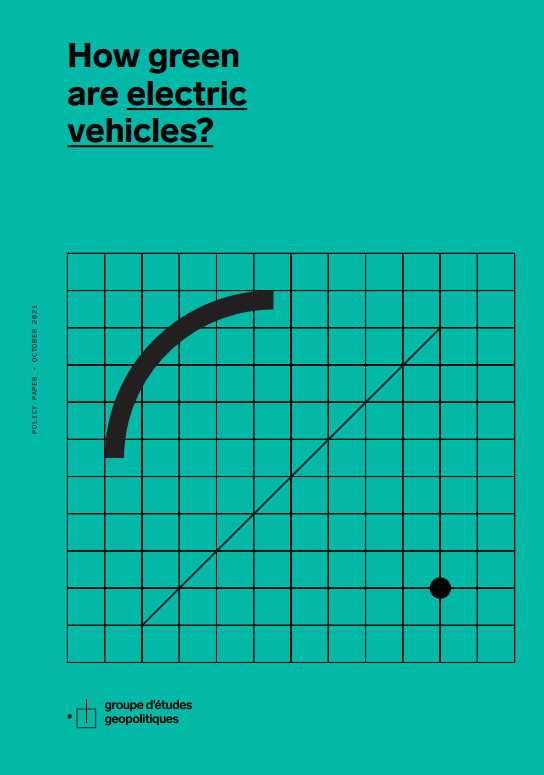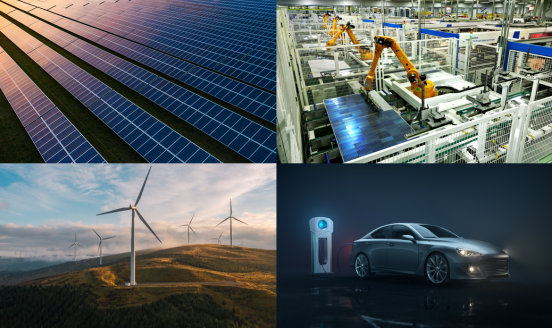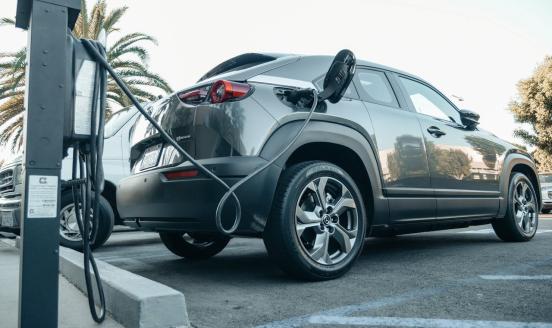How green are electric vehicles?
A policy paper dissecting existing life cycle assessments of electric vehicles and identifying potential future trends in the different stages of the
Globally, transport is responsible for 24 percent of CO2 emissions from fuel combustion. Hence, decarbonisation scenarios (e.g., IEA, IRENA, WEF) regularly stress the importance of electrifying the transport sector to achieve global climate targets. Although the vast majority of life cycle assessments attribute electric vehicles (EVs) with less life cycle greenhouse gas (GHG) emissions than conventional combustion engine vehicles, some studies, for example, by the German General Automobile Club or the ifo Institute for Economic Research, disagree. A common second criticism of EVs focuses on the resource-intense and environmentally damaging mineral mining and battery manufacturing processes. To objectively inform policy, it thus appears important to dissect existing life cycle assessments of EVs and identify potential future trends in the different stages of the vehicle life cycle, especially for batteries.




